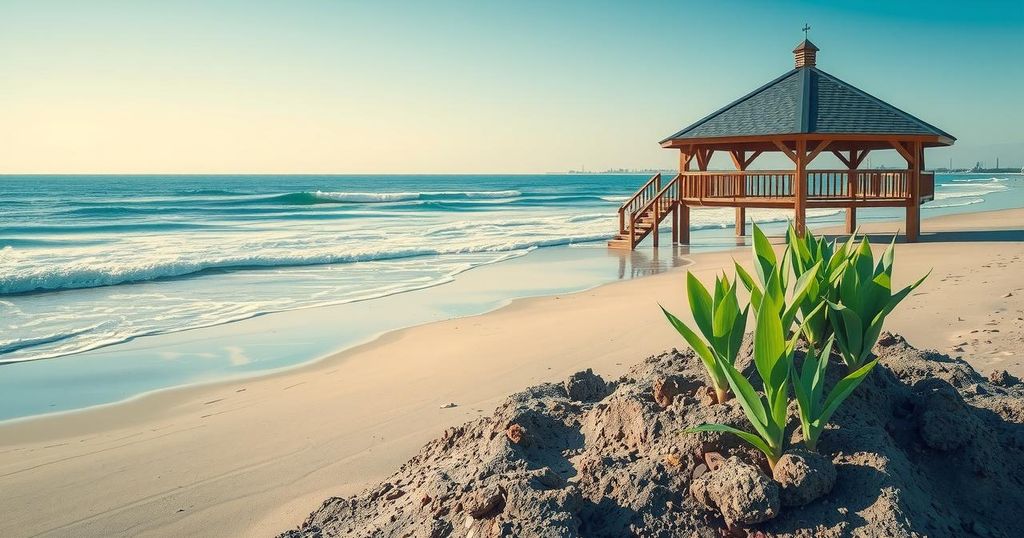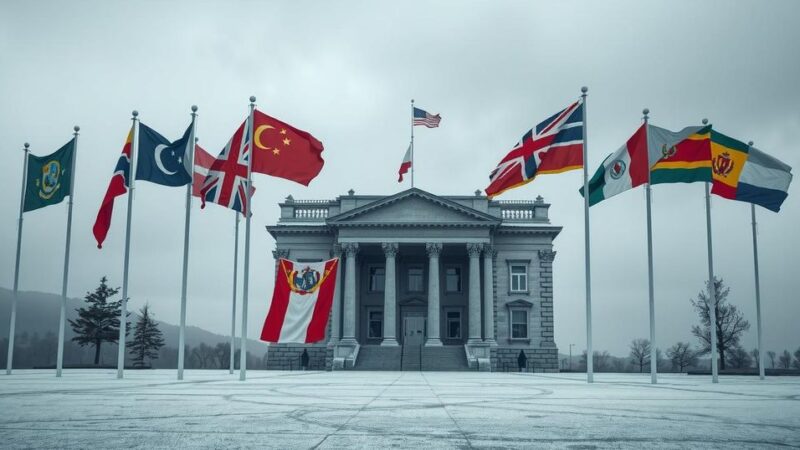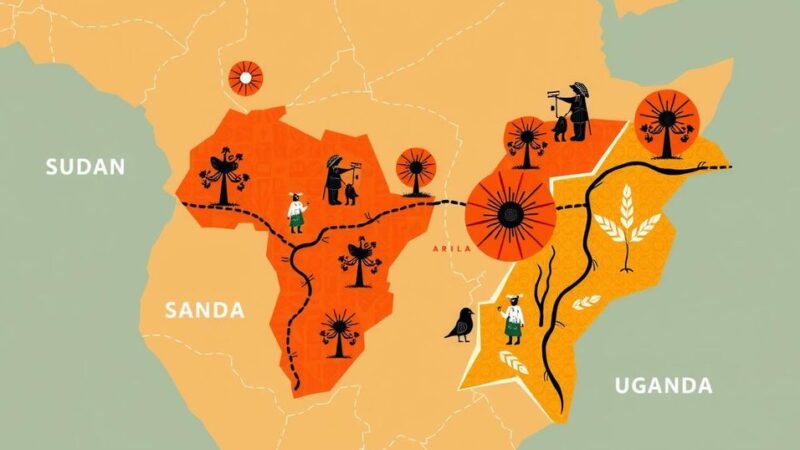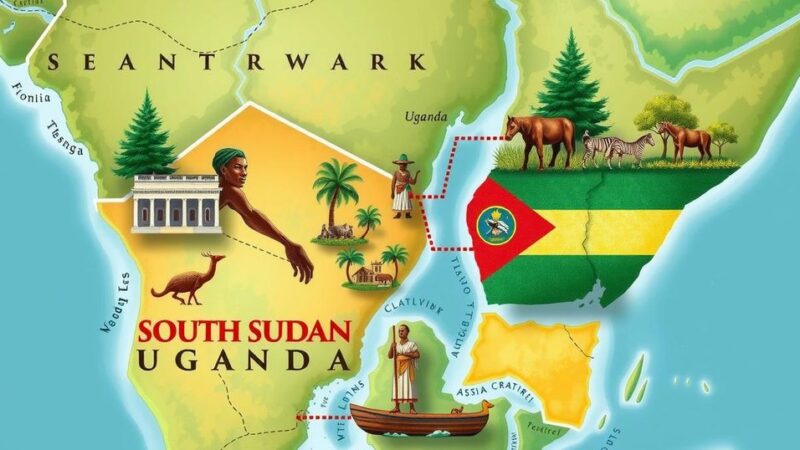The NFWF, in partnership with NOAA, has announced over $6 million in grants to remove marine debris from hurricanes impacting coastal Alaska, Florida, and Puerto Rico. The funding is part of an expedited grants process aimed at alleviating the environmental and community effects of marine debris. It particularly emphasizes the dual benefits for human communities and wildlife.
On January 16, 2025, the National Fish and Wildlife Foundation (NFWF) in collaboration with the National Oceanic and Atmospheric Administration (NOAA) Marine Debris Program, announced the allocation of over $6 million in grants aimed at the removal of marine debris resulting from hurricanes and natural disasters. The funding, made available through the Fiscal Year 2023 Consolidated Appropriations Act, targets coastal areas in Alaska, Florida, and Puerto Rico, intending to alleviate impacts on communities and local ecosystems.
The grants are distributed from the Hurricane Response Marine Debris Removal Fund, a collaboration that has been operational since 2019, designed to expedite the cleanup process for marine debris generated by severe storms. “Years after storms and after the immediate human health and safety needs have been addressed, many of these impacted communities are still dealing with debris fields that can be miles long,” stated Jeff Trandahl, NFWF executive director and CEO.
Marine debris, resulting from storms, encompasses overturned boats, lost fishing gear, and damaged infrastructure, such as docks and piers, alongside debris washed ashore, including trees and vehicles. The presence of this debris poses risks to navigational safety, disrupts the local economy, and threatens marine life, as noted by Jason Rolfe, NOAA Marine Debris Program’s Response Team Lead.
The current project funding will assist 19 rural communities in Alaska with debris removal across sensitive tundra areas due to Typhoon Merbok. Additional support will address leftover debris in Puerto Rico and Florida that endangers nearby habitats through erosion, pollution, and public safety risks. The Hurricane Response Marine Debris Removal Fund emphasizes projects providing mutual benefits for both human communities and wildlife.
The program prioritized projects based on assessments from various government agencies to determine areas most affected by marine debris. By emphasizing immediate cleanup actions, the fund aims to achieve significant results promptly, thus restoring impacted coastal resources and supporting local communities.
The article discusses the NFWF’s recent announcement of funding aimed at mitigating the aftermath of natural disasters, specifically focusing on marine debris from hurricanes. Recognizing the long-lasting impact of such debris on both communities and wildlife, the funding supports cleanup efforts that not only aim to improve human safety and economic conditions but also to restore habitats affected by these disasters.
In conclusion, the NFWF’s $6 million grant initiative represents a significant step towards addressing the lingering impacts of hurricanes and natural disasters on coastal communities and ecosystems. By focusing on marine debris removal, the funding not only promotes community resilience but also aids in restoring critical wildlife habitats. Effective collaboration among federal agencies underscores the importance of rapid response and sustainable recovery efforts in affected areas.
Original Source: www.nfwf.org






